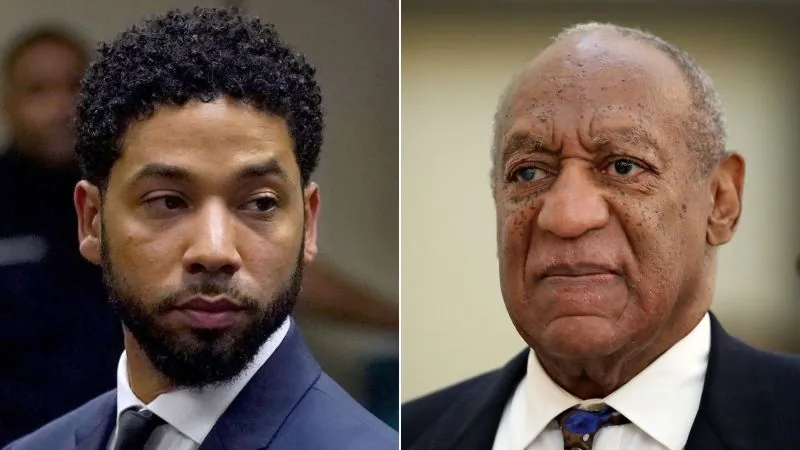
Jussie Smollett’s Conviction Overturned: Echoes of Bill Cosby’s Legal Battle
2024-11-24
Author: Emma
In a stunning turn of events, the Illinois Supreme Court has overturned Jussie Smollett's conviction, drawing striking parallels with the case of Bill Cosby. Both high-profile entertainers faced significant legal challenges that ultimately revolved around violations of their due process rights, highlighting the complexities of justice intersecting with celebrity.
The court's decision to dismiss Smollett's hate-crime hoax conviction points to prosecutorial misconduct as a core issue. Smollett, previously found guilty of five counts of disorderly conduct for allegedly staging an attack against himself in Chicago in 2019, can no longer be retried on these charges. His conviction was initially influenced by a controversial prosecution that disregarded a prior agreement made with the actor.
Legal analysts, such as New Jersey-based criminal defense attorney Brett M. Rosen, suggest that both men suffered from a breach of trust in their legal proceedings—a trust that was undermined by shifting promises and public pressure. Rosen noted, "This created an inherent injustice in prosecuting these individuals, which ultimately swayed the courts to recognize their rights were compromised."
Similarly, Bill Cosby’s journey through the justice system ended in his release from prison in June 2021 when the Pennsylvania State Supreme Court vacated his conviction for sexual assault. The court ruled that Cosby’s 2018 conviction was invalid due to an earlier prosecutor's commitment not to pursue criminal charges, which influenced Cosby to provide testimony in a civil case. This revelation of prosecutorial inconsistency formed a critical foundation for both cases, emphasizing the need for the state to uphold its promises.
As these cases capture national attention, legal experts weigh in on the implications. Entertainment attorney Domenic Romano pointed out that misinterpretations of these incidents as mere "celebrity privilege" overlook the essential issue at hand—government accountability. He emphasized, "The state must be bound by its word," suggesting that the outcome could have been similar for ordinary citizens under comparable circumstances.
Digging deeper into Smollett's case, which had become highly publicized, the backlash following the initial dismissal of charges in March 2019 foreshadowed the tumultuous legal path ahead. After Smollett's conviction, the court ruled that the actor had been tried twice for the same crime, a significant violation of his rights. A special prosecutor was appointed to investigate the initial prosecution's agreement with Smollett, further complicating the legal landscape.
Cosby's saga mirrored these elements as well. Initially facing civil litigation under assurances of immunity, the tides shifted once a new district attorney reopened his criminal case upon unsealing deposition records. This shift exemplifies how the justice system can evolve—and sometimes err—in response to public sentiment and procedural missteps.
Both cases have prompted discussions on the broader implications of judicial integrity, accountability, and the treatment of Black men within the legal framework. Critics argue that the legal system must address not only individual cases but also the overarching structures that allow for such breaches of trust.
As the legal ramifications of Smollett's and Cosby's overturned convictions ripple through society, there remains a poignant reminder of the balance between justice and the expectations placed upon those in the public eye. Will these high-profile cases set a precedent for how the legal system navigates future celebrity trials? The stakes for justice—and for a fair legal process—remain as high as ever.
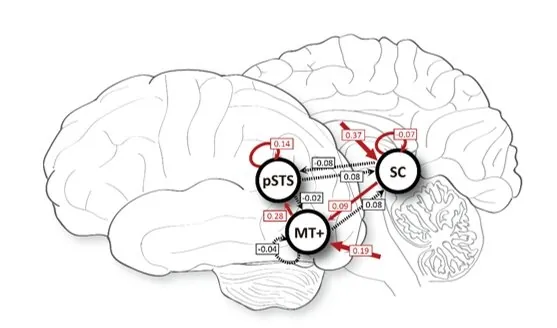
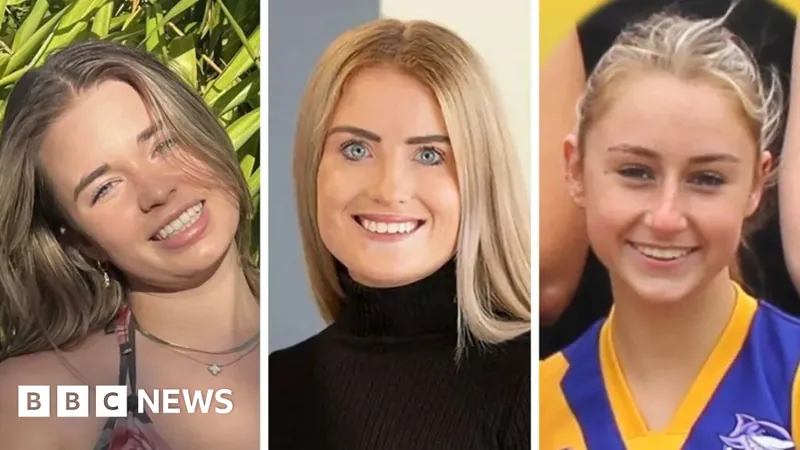
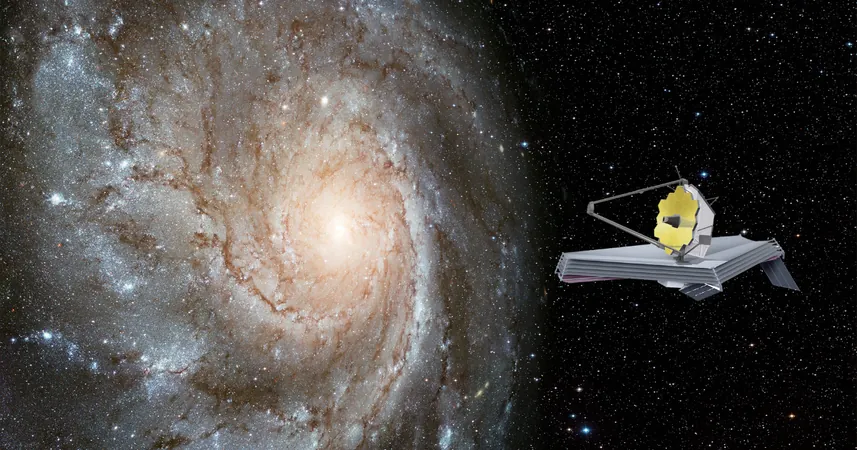
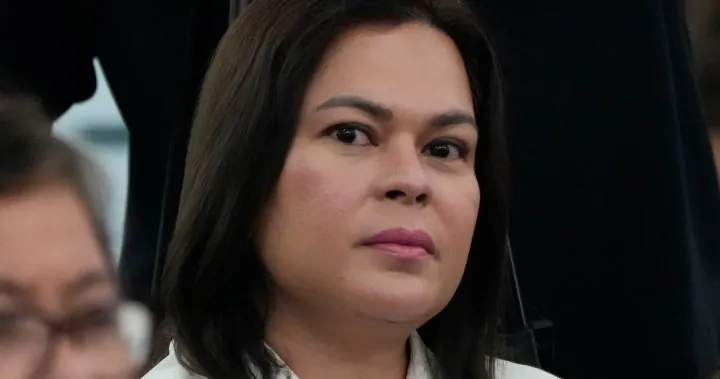
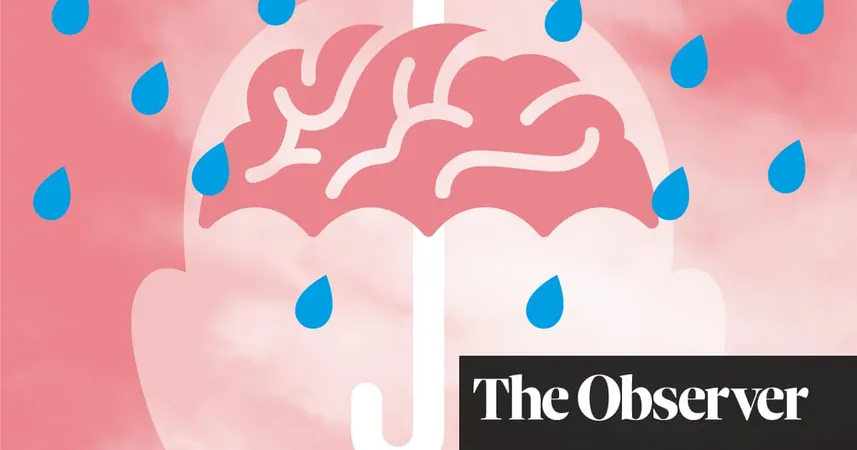
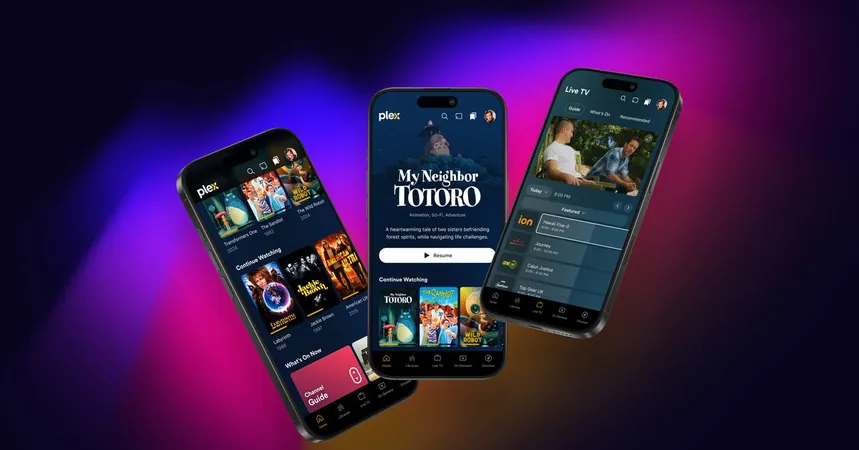
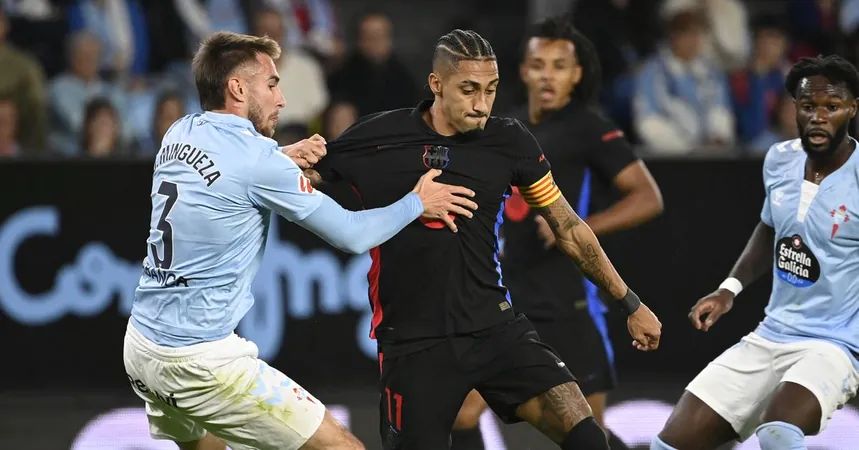
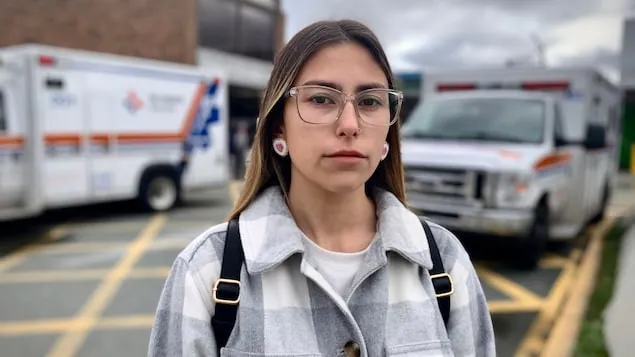

 Brasil (PT)
Brasil (PT)
 Canada (EN)
Canada (EN)
 Chile (ES)
Chile (ES)
 España (ES)
España (ES)
 France (FR)
France (FR)
 Hong Kong (EN)
Hong Kong (EN)
 Italia (IT)
Italia (IT)
 日本 (JA)
日本 (JA)
 Magyarország (HU)
Magyarország (HU)
 Norge (NO)
Norge (NO)
 Polska (PL)
Polska (PL)
 Schweiz (DE)
Schweiz (DE)
 Singapore (EN)
Singapore (EN)
 Sverige (SV)
Sverige (SV)
 Suomi (FI)
Suomi (FI)
 Türkiye (TR)
Türkiye (TR)